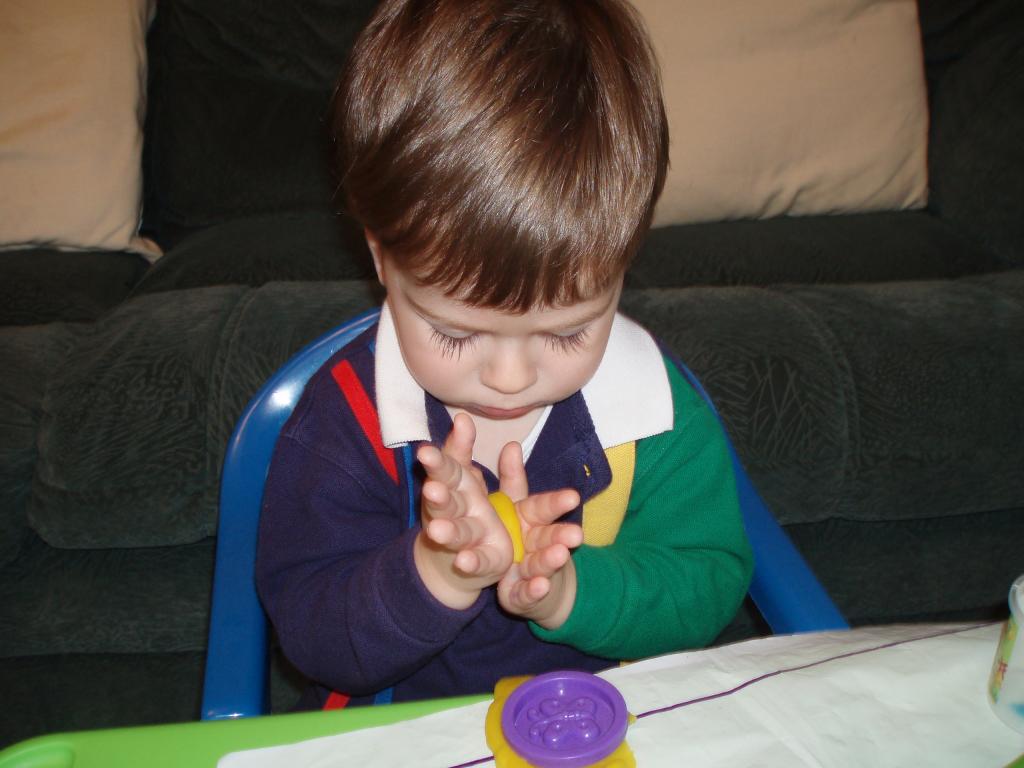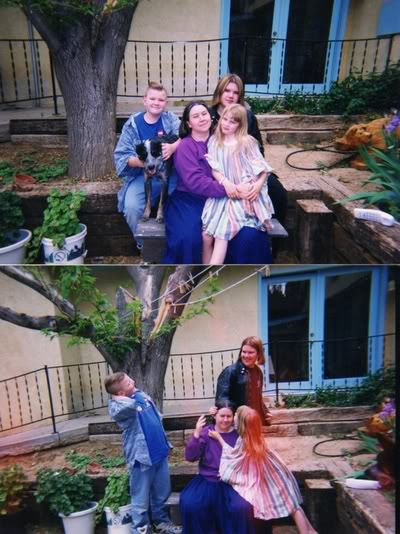(Warning people away from "unconditional love," I wrote:)
Probably the idea started, in the 1950’s, with Carl Rogers’ phrase "unconditional positive regard."
If you’re a big fan of "unconditional love," consider backing it back to "unconditional positive regard" to help clarify and ground you for the real world.
Unconditional Positive Regard (at wikipedia)
Also, try to respect your male partner if you have one. He’s probably doing some good for you even if it seems like he’s not giving you unconditional love. And the difference between "love" and "respect" is about language anyway. Try to be lovable AND respectable, whether or not you have a partner or an audience, because it makes you a better person. Try to be trustworthy and dependable.
Being a better person will make you a better parent.
“Deserve” is a problem.
The SandraDodd.com/deserve link followed that, but the quote is from a longer post, "Love and Respect," in the archives
photo by Janine Davies
Note to clarify, years later: I think that in a long-established relationship with any other adult, raising children, that love and respect are intertwined. Biochemically, in more youthful people who are "in love," that has a reality beyond and apart from respect. In the context of
the topic from which that was taken, it's clearer.
The Wikipedia article has been amended, in the past few years, to credit Stanley Standal with the concept, and the phrase "positive regard" (for therapists).



















